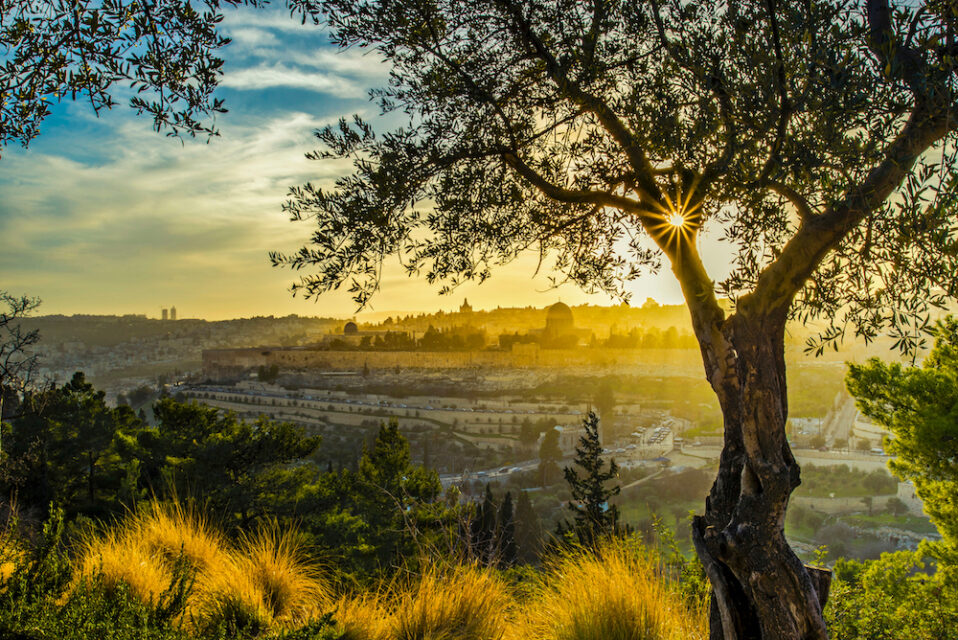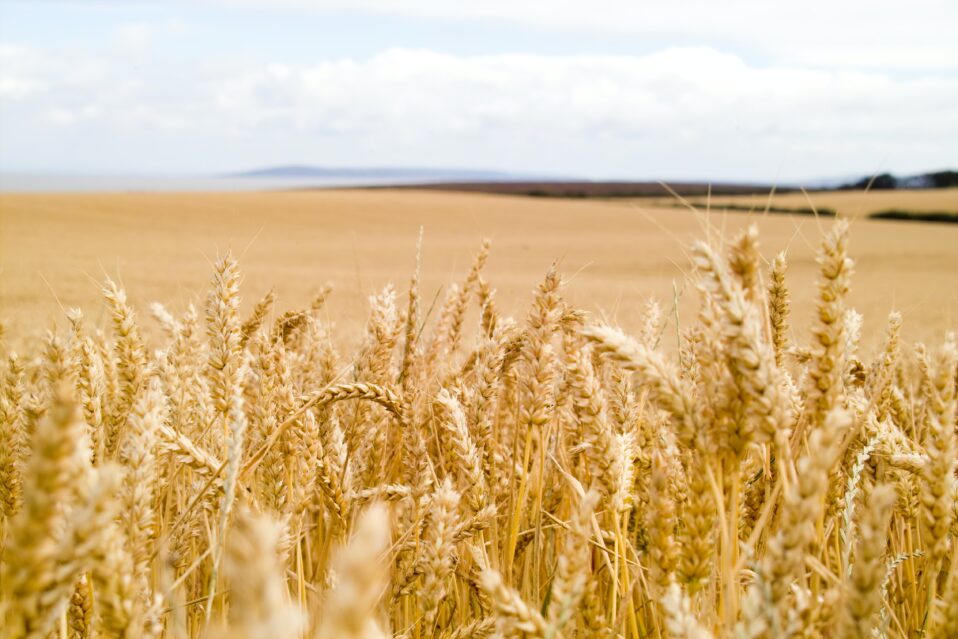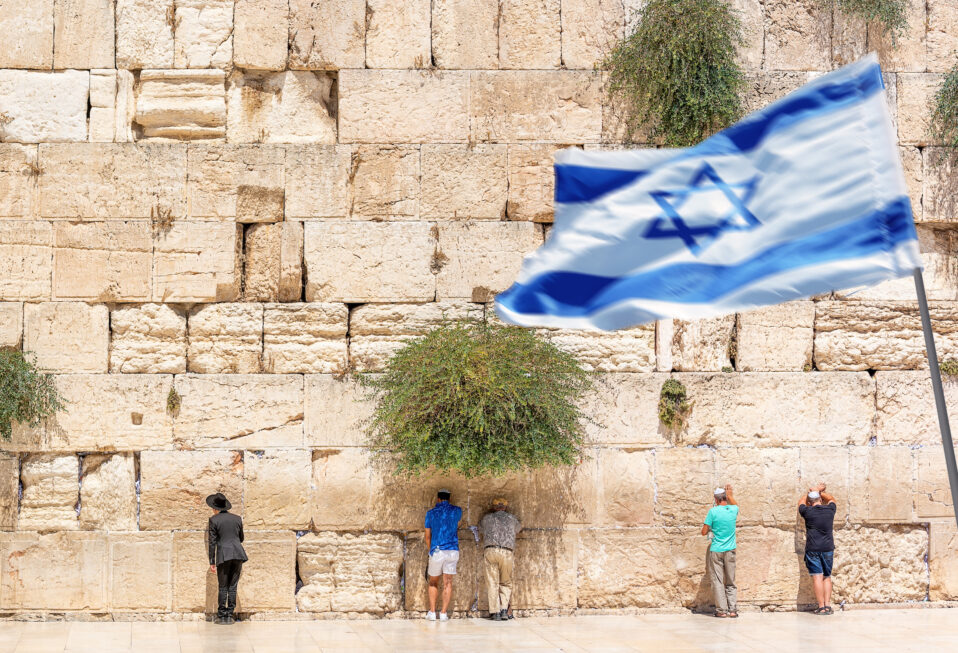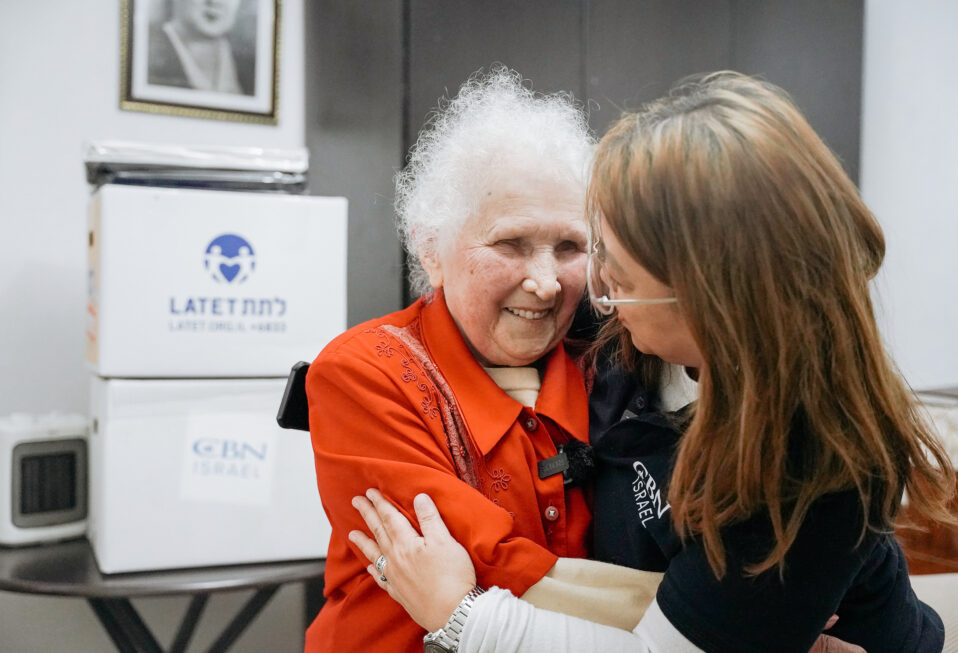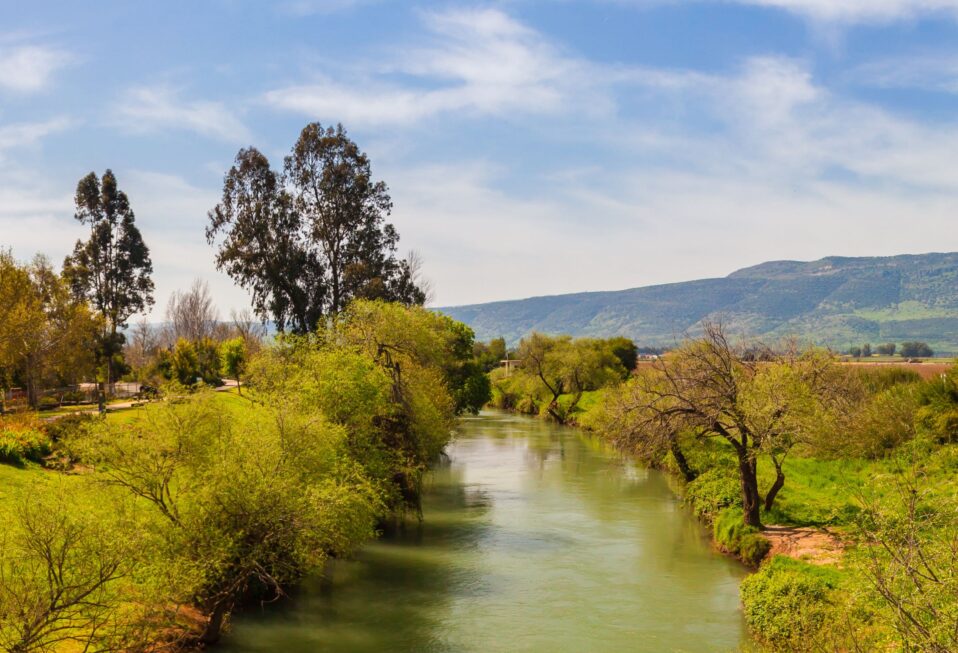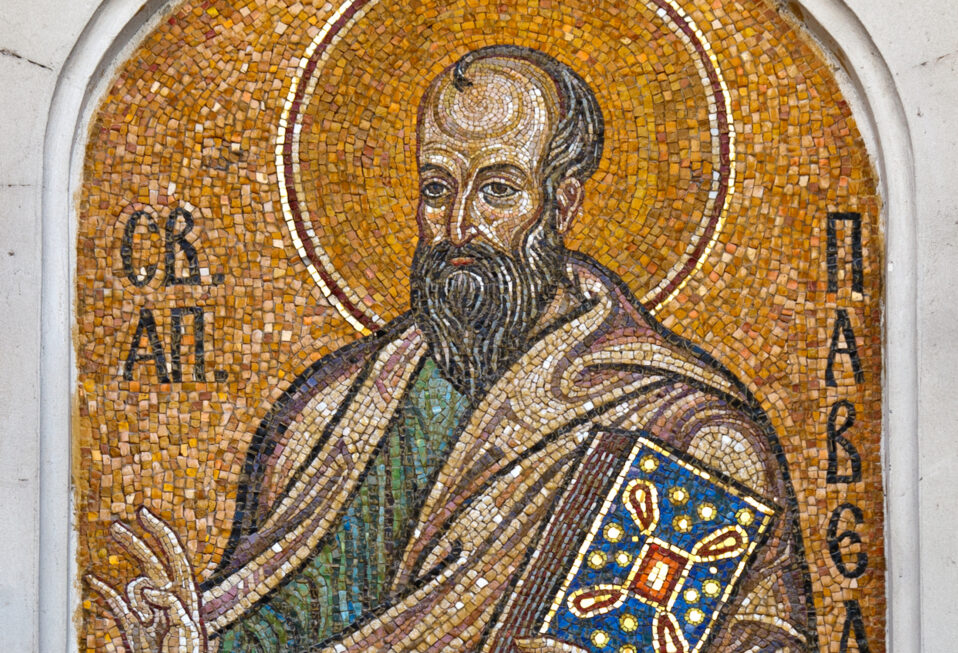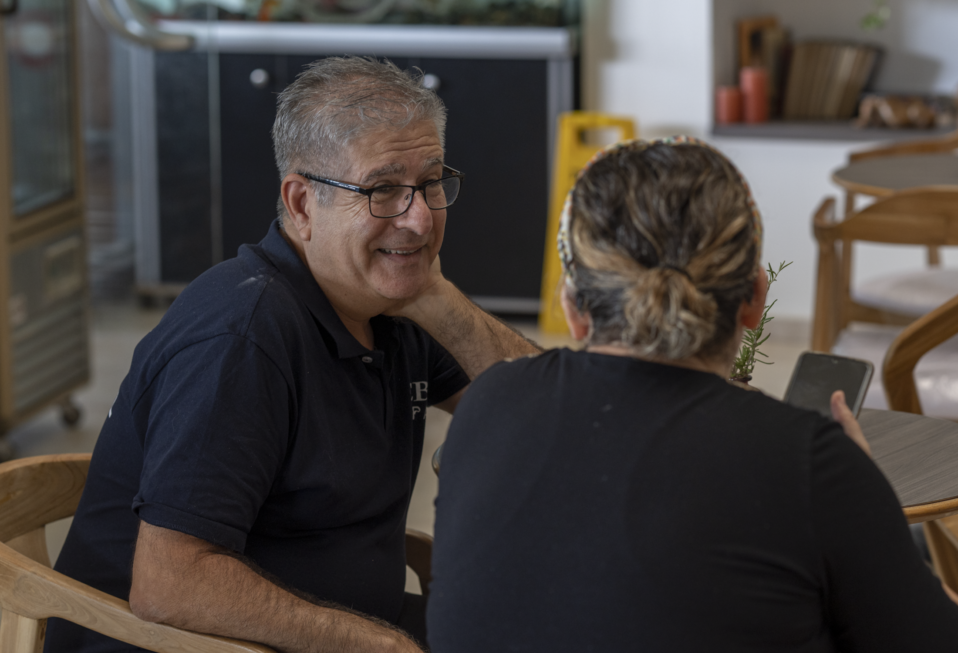By Arlene Bridges Samuels
The unholy terror assaults of October 7, 2023, have generated a constant flow of humanitarian aid and prayers worldwide, including kindhearted outreaches toward Israelis from evangelical Christians. Due to Israel’s necessary existential war against barbaric trespassers, visits from overseas supporters have diminished. Our prayers, however, have not.
For both Jews and Christians, the Western Wall in Jerusalem is a sacred place to pray and insert our written prayers. The Western Wall is the retaining wall of the Temple Mount, which has been the most holy site in Judaism since Solomon built the First Temple, completed in 957 B.C. The ideal way to leave prayers in the wall is walking up to it and wedging our prayers into crevices. Doing so is spiritually unforgettable. However, whether for those who have previously stood and touched the Kotel or those who long to go to Israel for the first time, the organization Aish HaTorah (“The Fire of Torah”) will place your prayer notes in the Kotel for you.
Founded in 1974, Aish is now a vast educational institution. Their building sits directly across—and above—the plaza from the Kotel. Simply use this link. Some years ago, advances in technology first opened this digital door for prayer. Once you send your email, Aish will print your prayer in a very small font on a very small piece of paper. One of the Aish students then quickly delivers it to the Kotel and stuffs your prayer in between the holy stones. In essence, we are participating in a centuries-long tradition through another human messenger!
I invite every reader to send supportive digital prayers now and as frequently as possible. In 2005, my dear friends Earl and Kathleen Cox organized a detailed 24/7 prayer vigil at the Kotel. Visitors from many nations signed onto the prayer schedule for the year. Earl and Kathleen wound up sitting for hours when some time slots weren’t filled. Earl is the Ambassador of Goodwill to Jews and Christians worldwide, appointed by Prime Minister Benjamin Netanyahu. Their example sets a precedent for an easy digital effort.
Describing the Western Wall in Jerusalem, you may have heard the phrase, “All prayers are local.” By writing our prayers on paper, then placing the papers into a crevice, rabbis have added their perspective, observing that this action represents “having a continual prayer linked to the prime source.” Their estimate rings true with in-person prayers from millions of people a year—Israelis and visitors alike.
These moments are a reminder that no matter how deep and dark the crisis, we should offer up our highest praises for God’s sovereignty, love, and justice. Feel free to invite your children and others to add their prayers. Include personal prayers for your family and friends, as I have done many times over the years.
Here is one of the prayers I sent to the Kotel through Aish.com using this link. I chose and referred to Psalm 20 under the topic of Protection and Danger to Jewish People.
“Dear Heavenly Father, I praise You! Your unending love for Israel and for me and my family is a treasure! Please keep police and IDF safe on the Temple Mount and Kotel area during the threats for jihad during Ramadan. I pray that ‘You will grant support from Zion… May the enemies fall, and Israel rise up and stand firm. I will shout for joy over your victory and lift up my banners to You!’”
The Kotel, a symbol and reality for the worldwide Jewish community, is engraved into the Jewish DNA. Their prayers over thousands of years toward their ancient and modern capital, Jerusalem, have continued every day—whether the Jews were scattered all over the world, trapped in the Holocaust, or (as they are today) uniting against the evil Islamic Regime and its surrogates on their borders. In the Jewish ancestral homeland, we can be grateful that the IDF is fighting evil on the front lines, since Christians are also in the crosshairs, even in the United States.
In addition to delivering our digital prayers to the Kotel, another service provided by Aish is a 24-hour live webcam of activity at the Western Wall. You can view live feed at this link. The webcam offers opportunities to view the beautiful Jewish culture through both its celebrations and its sorrows. Bar and Bat Mitzvah celebrations for local and international Jewish families often take place at this site. Several IDF units hold their inspiring swearing-in occasions and other related events there, such as the opening ceremony of Yom Hazikaron—Israel’s Memorial Day for its fallen soldiers. For prayers since October 7, 2023, crowds gather on the Western Wall Plaza, which can hold some 400,000 people.
Standing as Judaism’s holiest site, the Western Wall Plaza contains the world’s largest synagogue, houses 153 Torah scrolls, and hosts 10 million people each year. A staff of around 150 people operate out of the central hub of the Western Wall Heritage Center next to the Kotel. One example among numerous logistics, before the Feast of Tabernacles (Sukkot) 20 workers build a giant Sukkah at the back of the plaza. The shelter holds 400 people! The staff works in quiet excellence, in shifts around the clock, day in and day out. Every detail in their myriad tasks holds with it the sacred responsibility of the Kotel.
Under the direction of rabbis, the prayer notes are removed from the Kotel twice a year—at both Rosh Hashanah and Passover. They are reverently buried on the Mount of Olives (also sacred to us in the Christian community), where Jesus ascended to heaven. As Christians, we can be grateful for the welcome given to us at the Kotel where our Lord walked, and to know our own prayers are buried with care.
Let us stand together, more than ever, with all forms of prayer, at the Kotel—digitally, in our churches, in our homes, and in our Bible studies on behalf of our spiritual homeland and our unsurpassed ally, Israel. We welcome you to join our CBN Israel prayers from Psalm 103:19—“The LORD has established His throne in the heavens, and His sovereignty rules over all.”
Prayer Points
- Pray for our Christian commitment to continue our daily prayers for Israel.
- Pray for safety amid Ramadan, where Imams turn their main holiday into a jihad.
- Pray for hostages still alive or for Hamas to return the bodies of those murdered.
- Pray for Israeli fortitude to press on in unity to rid Gaza of evil.
- Pray for valiant IDF members fighting Hezbollah in the north and terror groups operating in the West Bank (Judea and Samaria).
Arlene Bridges Samuels pioneered Christian outreach for the American Israel Public Affairs Committee (AIPAC). After she served nine years on AIPAC’s staff, International Christian Embassy Jerusalem USA engaged her as Outreach Director part-time for their project, American Christian Leaders for Israel. Arlene is an author at The Blogs-Times of Israel and has traveled to Israel since 1990. She co-edited The Auschwitz Album Revisited and is on the board of Violins of Hope South Carolina. By invitation, Arlene attends Israel’s Government Press Office Christian Media Summits. She also hosts her devotionals, The Eclectic Evangelical, on her website at ArleneBridgesSamuels.com.


